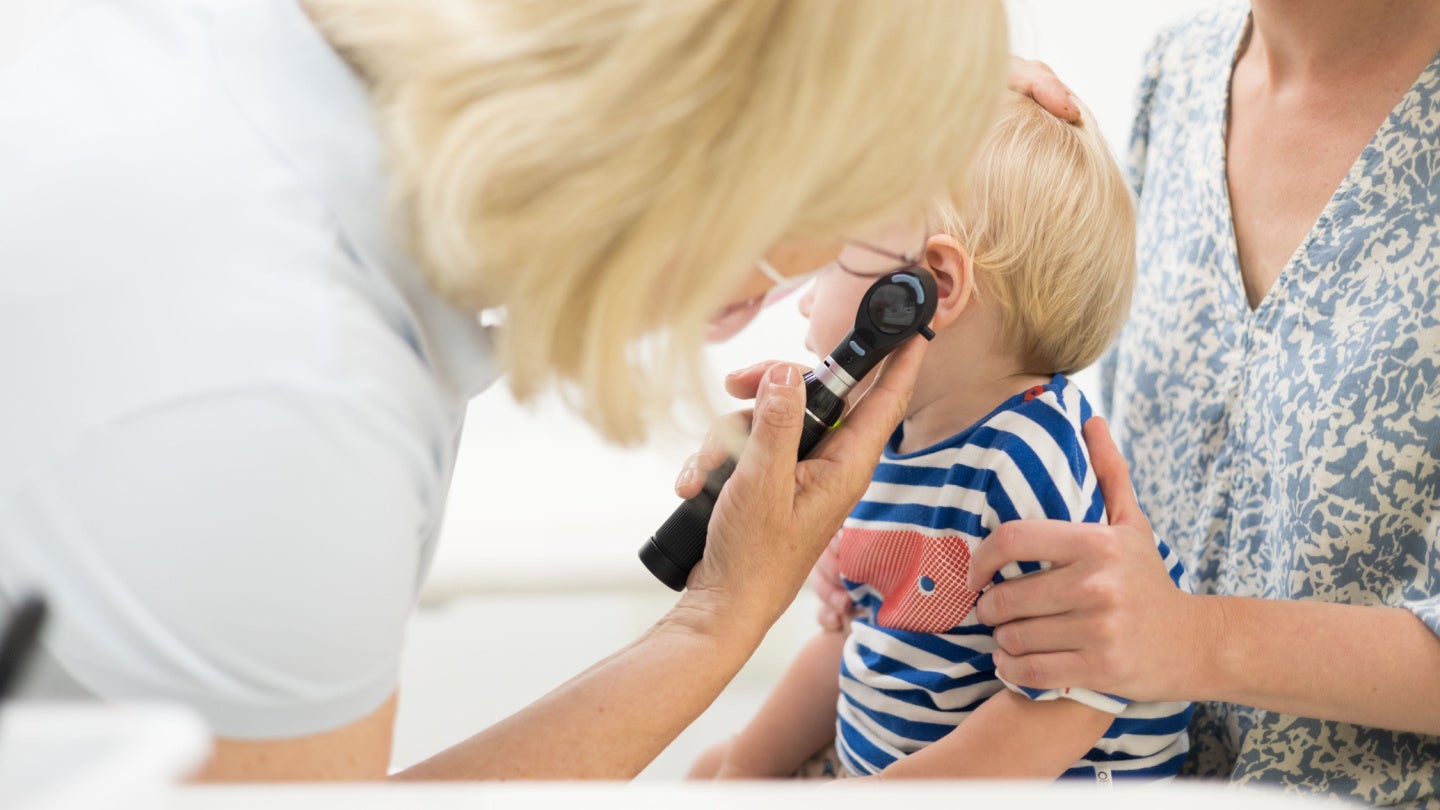
The government of South Australia has announced upfront payments to families of children who were given faulty cochlear implants by the Women’s and Children’s (WCH) Hospital in Adelaide.
An independent review revealed systemic issues dating back to 2006 and identified 208 children who had received care through the hospital’s cochlear implant programme.
A separate clinical review by NextSense is currently being carried out to provide families with individual evaluations.
The state government has decided on a comprehensive overhaul of the implant programme and will form a Family Engagement Unit to assist with compensation claims.
It will offer one-time payments to affected families, with those in under-mapped cases receiving an initial A$50,000 ($32,114) and others to be given A$5,000 ($3,212).
In addition, the government will set up a Family Liaison Unit to work as an advocate for affected families.
How well do you really know your competitors?
Access the most comprehensive Company Profiles on the market, powered by GlobalData. Save hours of research. Gain competitive edge.

Thank you!
Your download email will arrive shortly
Not ready to buy yet? Download a free sample
We are confident about the unique quality of our Company Profiles. However, we want you to make the most beneficial decision for your business, so we offer a free sample that you can download by submitting the below form
By GlobalDataThe hospital has committed more than A$2m for additional staffing, with further funding to follow as recommendations are carried out.
A further A$1.3m will be allocated to new equipment in the new-born hearing screening programme.
South Australian Premier Peter Malinauskas said: “It is simply not good enough that South Australian children have been failed by a hospital service with significant gaps in cochlear implant mapping procedures and policies dating back nearly two decades.
“While no amount of money can fix the problems of the past, we recognise the immense stress this has caused families and that’s why we are offering initial upfront payments.
“We will also help them every step of the way with full compensation claims.”
The review’s findings address local concerns and recommend national standards for cochlear implant mapping.
It highlighted problems with protocols and resourcing, as well as cultural issues affecting care in the programme.
Families are currently receiving letters containing the full report and information on the payment scheme, along with a dedicated phone line for assistance.







